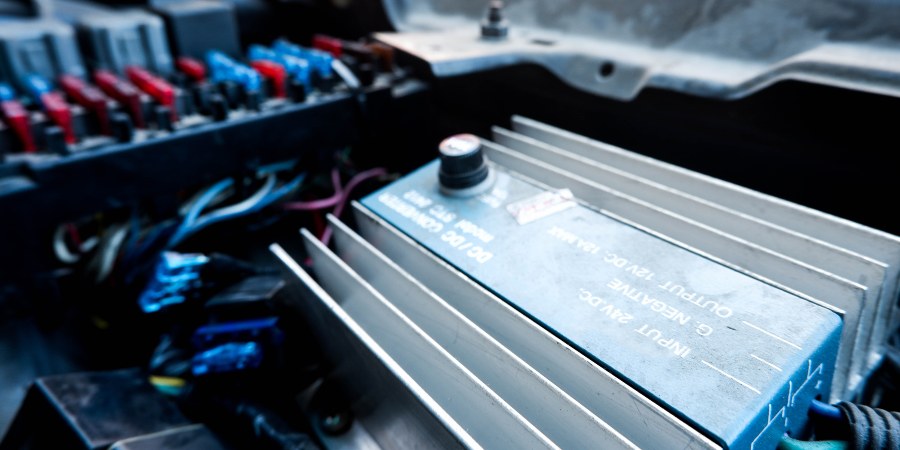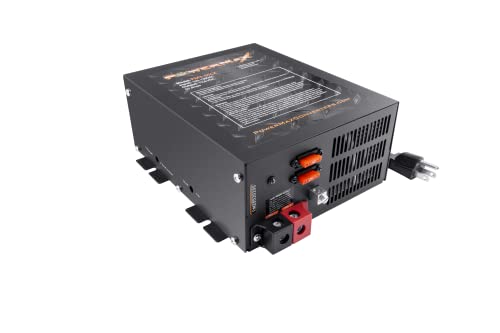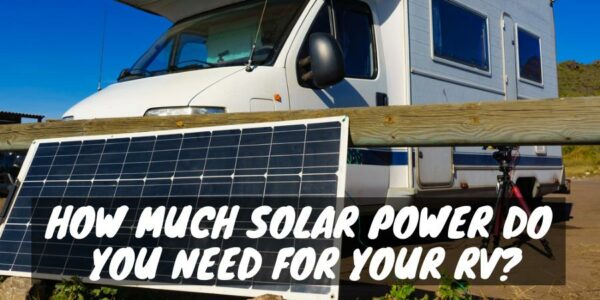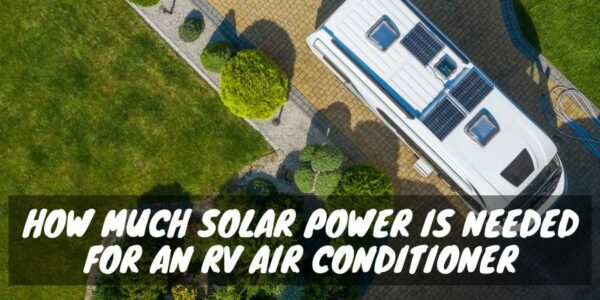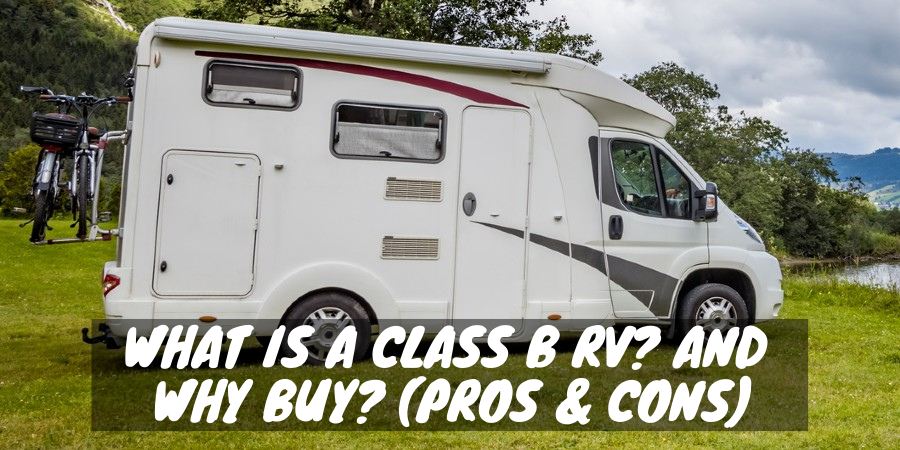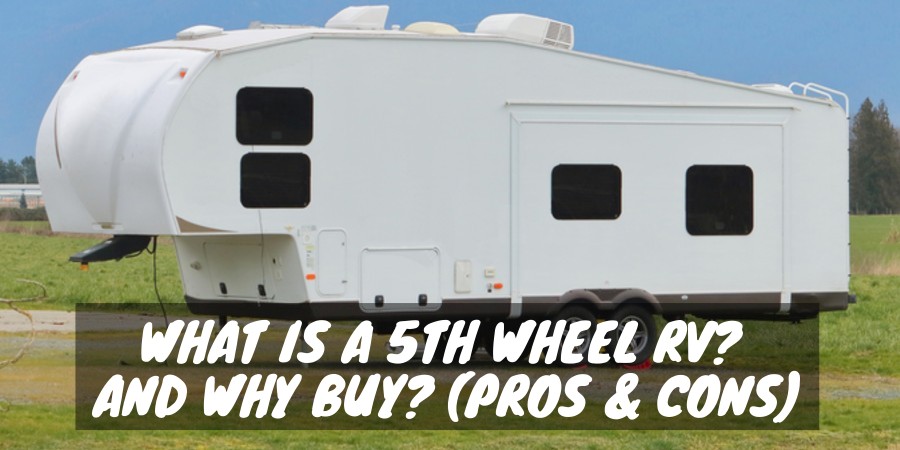In my RV, the electrical system is the heart of my camping experience. It can run on either 110-volt AC or 12-volt DC power. But sometimes, I find myself needing both options – to convert 110V to 12V or vice versa.
That’s where the necessity for an electrical RV converter or inverter comes in.
Let me share with you the basics of how these devices enhance my outdoor adventures, allowing me to enjoy nature without giving up the comforts of home.
RV Converters
In numerous RVs, essential amenities such as lighting, water pumps, various appliances, and even devices like TVs or computers are powered by a 12-volt direct current, which comes from the “house” battery located in the living area.
How can you operate these conveniences if you’re plugged into a household (110-volt AC) electrical system and don’t want to run down your house battery?
You can use a built-in converter for many RVs or make it available separately. A converter diverts some of the incoming 110V power, changes it into 12V power, and sends it to 12V outlets in the RV.
- Controlled, Quiet, Cool Operation – This converter operates quietly and reliably, ensuring excellent performance. It has a…
- Wide voltage range – The PowerMax converter is a flexible power source suitable for various situations. It has a wide voltage…
- Certified safety – Rest easy with the PowerMax converter, a trusted choice for safety. It holds prestigious UL and CUL…
- Reverse Battery Protection – With the built-in reverse battery protection, you can rest easy knowing that your devices and…
- Replacement for WF-9800 Series – This highly efficient converter is designed to function as a reliable replacement for the WF-9800…
When connected to a power source, the converter recharges the RV’s 12V house battery as necessary.
The complexity of RV converters varies according to their use. Simpler RVs typically have a basic converter, which is usually placed under a bed, dinette, or in a cabinet and connected to your camping setup.
These converters work by lowering the voltage from 110 volts to 12 volts. They do this using an internal resistor, which can generate heat. To manage this, higher-quality converters are equipped with a built-in fan for cooling both the resistor and the converter itself.
Additionally, converters transform alternating current (AC) to direct current (DC) using electronic components. If you’re in the market for a new or replacement converter for your RV, the price range for most common models is between $100 and $300.
RV Inverters
For many RVs, the primary power is a 110-volt alternating current source plugged into the trailer, motorhome, or other camping units.
The RV then distributes the power to electrical outlets throughout the rig. You simply plug a two- or three-prong household appliance into the unit, and you’re ready to make coffee, run a computer or television, or other convenience.
What if you want to use these gadgets but are not plugged into a 110V source? An RV inverter changes 12V into 110V power.
Simultaneously, an inverter changes direct current into alternating current, a little more difficult trick. This is where quality improves — and prices can go up.
If running expensive computers or other electronics, the better choice (at a higher price) is a pure sine wave inverter. If only running basic 110V appliances, a modified sine wave inverter (at a lower price) will work.
If buying a new or replacement inverter for your RV, expect to pay about $100 to $300 for a modified sine wave model and double that for a pure sine wave version. Of course, these are loose guidelines, and much depends on what you need and how you will use them.
- This is a 12 V 3000 W modified sine wave inverter which converts DC 12v to AC 110V/120V.It is ideally suitable for Journeys,…
- POWER: Output continuous power: 3000 Watts; Output peak power(<10ms): 6000 Watts
- EQUIPMENT: 2 AC outlets (US sockets)and upgraded remote controller with the humanized design LCD that you can check the battery…
- MULTI-PROTECTION: Automatic voltage regulation(AVR); Intelligent power management (IPM); Intelligent fan control (IFC)
- WHAT YOU GET: EDECOA 3000W power inverter, battery cables, remote controller and user manual.
AC and DC Difference
Want to Connect With a Community of Over 1,078 RV Enthusiasts?
So why is some electricity delivered as alternating current and other sources are direct current?
Distance!
The further that electricity has to travel in a wire from source to destination, the greater the power loss.
If your household electricity (110V) were direct current, it would be virtually powerless when it arrived from a power plant hundreds of miles away.
DC doesn’t travel well for very far. That’s why power companies trick the electricity by alternating it between positive and negative polarity or direction.
It comes out of the power plant in many kilowatts (kW) and is stepped down for customers along the way until it gets to you. 12V electricity in a storage battery only needs to travel a few feet to RV lighting and appliances, so line loss isn’t much of an issue.
The system is simpler with direct current (DC). That means some appliances are designed to use AC and others DC.
Using the appropriate converter or inverter can help you power your camping.
10 Maintenance Tips for RV Converters and Inverters
- Regularly inspect your converter and inverter for any signs of damage or wear.
- Keep the area around the converters and inverters clean and dust-free to ensure proper ventilation.
- Check and tighten all electrical connections periodically to prevent power loss or hazards.
- Monitor the temperature of your devices; if they run hot, ensure they are adequately ventilated.
- Avoid overloading your converter or inverter by understanding its capacity and not exceeding it.
- Use a surge protector to safeguard your converters and inverters from power surges or spikes.
- Periodically update any software or firmware as recommended by the manufacturer.
- Ensure that your RV’s battery, which powers the converter and inverter, is well-maintained and charged.
- Follow the manufacturer’s guidelines for testing and maintenance schedules.
- If unfamiliar noises or smells come from the converter or inverter, have them checked immediately.
Knowing the Difference Between Your RV Inverter and Converter (Video)
"Man cannot discover new oceans unless he has the courage to lose sight of the shore."
-- Andre Gide

